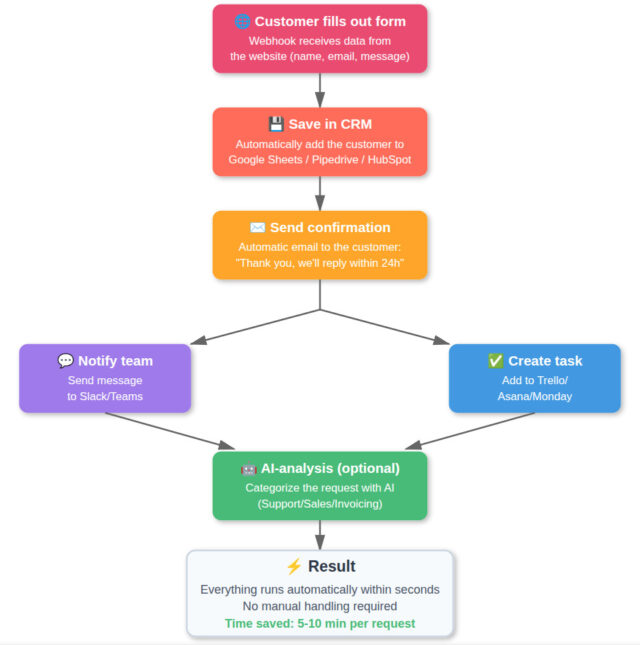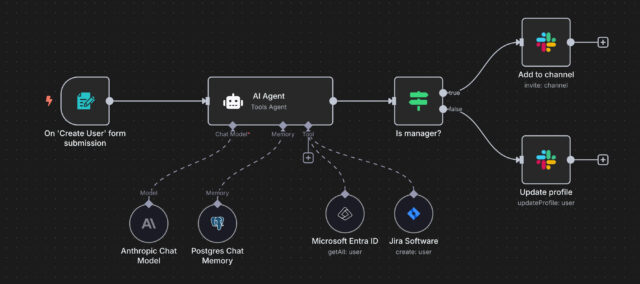The European Commission has opened a formal investigation into tech giant Microsoft, which is suspected of violating competition rules by tying its Teams tool to its popular Office 365 and Microsoft 365 business solutions.
The investigation comes after rival Slack Technologies accused Microsoft in 2020 of illegally bundling Teams with its dominant productivity packages.
The European Commission has opened a formal investigation into whether Microsoft may have violated EU competition rules by tying its Teams communication and collaboration tool to its popular Office 365 and Microsoft 365 business products.
The investigation stems from a complaint filed by Slack Technologies Inc. in 2020, in which Slack accuses Microsoft of illegally exploiting its dominant position in the productivity software market to give its Microsoft Teams software an unfair advantage. Slack argues that Microsoft created a weak imitation of its product and tied it to its dominant Office suite, forcing millions of users to install it and blocking its removal.
During the pandemic, the use of cloud-based communication and collaboration tools skyrocketed. Microsoft seized the opportunity to add Teams to its cloud-based business productivity suite. The Commission is now concerned that Microsoft may have given Teams an advantage by not giving customers the option to include the product when subscribing to its productivity suite.
In particular, the Commission is concerned that Microsoft may have limited interoperability between its productivity suite and competing offerings. These practices may prevent providers of other communication and collaboration tools from competing, to the detriment of customers in the EEA.
– Remote communication and collaboration tools like Teams have become indispensable for many businesses in Europe. We must therefore ensure that the markets for these products remain competitive, and companies are free to choose the products that best meet their needs. This is why we are investigating whether Microsoft’s tying of its productivity suites with Teams may be in breach of EU competition rules, the European Commission's executive vice-president in charge of competition policy.
On its official website, the European Commission notes that the opening of a formal investigation does not prejudge the outcome of an investigation and that the duration of an investigation depends on a number of factors, including the complexity of the case, the extent to which the companies concerned cooperate with the Commission, and the exercise of rights of defence. More information on the investigation will be available on the Commission's competition website, in the public register under case number AT.40721.

Slack Technologies is an American software company originally founded as Tiny Speck in 2009 in Vancouver, Canada. The company is best known for developing the Slack communication and collaboration platform, which has become popular with businesses and organizations around the world to streamline internal communications.
Slack Technologies became a publicly traded company on June 20, 2019, when it was listed on the New York Stock Exchange via a direct listing. The company's financial performance has been impressive, with revenues increasing to $903 million in 2020.
In December 2020, the company was acquired by Salesforce, a leading provider of cloud-based business applications. The acquisition, which was valued at $27.7 billion, closed in July 2021, meaning that Slack is now a subsidiary of Salesforce.
Slack Technologies has had its fair share of controversies. In addition to the anticompetitive dispute with Microsoft, the company has been involved in legal battles with investors who claim that Slack made misleading statements and omitted material information during its direct public offering (DPO).






